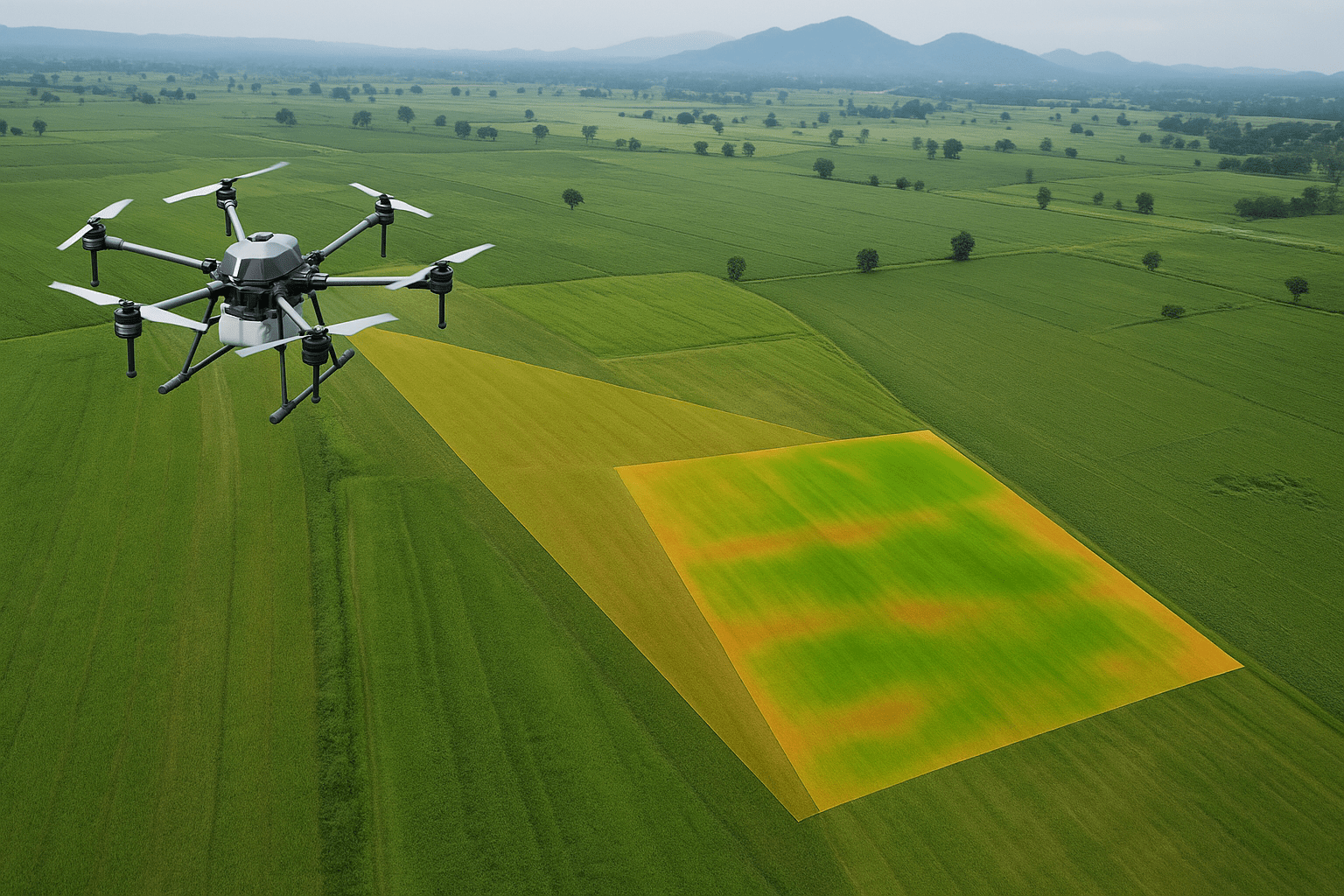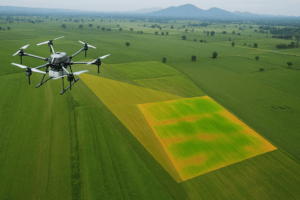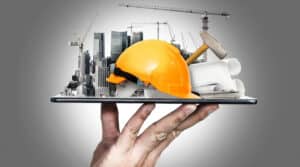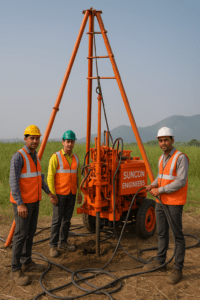Drone survey has revolutionized the field of geospatial data collection. This transformative technology has opened up new possibilities across multiple industries from construction, agriculture to mining and infrastructure development. Aerial data, when captured and processed with precision, provides a level of insight that traditional ground-based surveys often struggle to achieve. Whether it’s for topographic mapping, site monitoring, or infrastructure inspection, drones are fast becoming indispensable tools for professionals seeking speed, accuracy, and safety.
Drone surveying involves using unmanned aerial vehicles (UAVs) equipped with high-resolution cameras, GPS modules, advanced sensors such as LiDAR and multispectral imaging devices. These drones are flown over targeted areas, capturing georeferenced images or point cloud data that is later processed using sophisticated software to create 2D orthomosaic maps, 3D models, and elevation profiles. A leading drone surveying company often provides end-to-end services from flight planning, data acquisition to processing and actionable reporting.
Technically, drones used in surveying are equipped with GPS, real-time kinematic (RTK) or post-processed kinematic (PPK) correction systems to improve positional accuracy. These tools enable drones to deliver data accurate to within a few centimeters. This level of precision is vital for engineering-grade surveys used in civil construction, road alignments, and large-scale land development. Most commercial drones also use autonomous flight software, which ensures consistent altitude, overlap, coverage minimizing human error and increasing efficiency.
Drone surveying encompasses various methods depending on the sensor technology employed. Photogrammetry is one of the most commonly used techniques, where multiple overlapping photographs are stitched together to create accurate 2D and 3D reconstructions. This method is frequently used by drone survey companies for applications like land boundary identification, earthwork planning, and urban development projects. Photogrammetry excels in areas with clear visibility, defined features, making it ideal for surveying roads, buildings, and open fields.
LiDAR (Light Detection and Ranging), on the other hand, is particularly effective in areas with dense vegetation or uneven terrain. Unlike photogrammetry, which relies on visible light, LiDAR sensors emit rapid pulses of laser light that bounce back after hitting surfaces. This allows for the creation of high-resolution digital elevation models even beneath tree canopies. Drone lidar services are particularly valuable in forestry, archaeology, flood risk modelling, power line inspections, where visibility from standard imaging might be obstructed.
In the construction sector, drone surveys are used for site preparation, grading analysis, and progress monitoring. By comparing as-built models to project plans, contractors can identify discrepancies early, avoid rework, and stay on schedule. Many construction firms now collaborate with drone mapping services to ensure regular updates, volumetric calculations of stockpiles and earthworks.
Drones have also made their mark in infrastructure inspection. Traditional inspection methods, which often involve climbing scaffolds or using cherry pickers, can be time-consuming and dangerous. Drones eliminate these risks by capturing detailed imagery from difficult-to-access locations. Drone roof inspection companies, for example, use UAVs to assess building rooftops for damage, leaks, or structural wear offering a safer, more cost-effective solution for property managers, insurance adjusters, and facility owners.
Key sectors where drone surveys are especially beneficial:
- Construction and Infrastructure
- Applications: Site planning, volumetric analysis, progress monitoring, 3D modelling, and quality control.
- Benefits: Speeds up pre-construction surveys, reduces on-site risks, provides real-time updates for project management.
- Agriculture
- Applications: Crop health monitoring, irrigation planning, pest detection, and yield prediction.
- Benefits: Helps in precision farming, reduces input costs, and boosts productivity through data-driven decisions.
- Environmental and Forestry
- Applications: Vegetation analysis, deforestation tracking, erosion monitoring, and biodiversity mapping.
- Benefits: Enables large-scale ecosystem monitoring with minimal ecological disturbance.
- Urban Planning and Development
- Applications: Topographic mapping, 3D city modeling, land use analysis, and zoning.
- Benefits: Improves planning accuracy, supports smart city initiatives, and accelerates approvals.
- Real Estate and Property Management
- Applications: Site assessment, promotional aerial imagery, roof inspections, and asset audits.
- Benefits: Increases marketing appeal and reduces the cost of building inspections.
- Mining and Quarrying
- Applications: Pit mapping, stockpile measurement, blast planning, and safety monitoring.
- Benefits: Enhances productivity, reduces manual survey risks, and improves operational oversight.
- Energy and Utilities
- Applications: Inspection of solar panels, wind turbines, power lines, and pipelines.
- Benefits: Reduces downtime, lowers inspection costs, and increases safety in hazardous locations.
- Coastal and Marine Surveying
- Applications: Shoreline mapping, erosion monitoring, flood risk analysis, and habitat tracking.
- Benefits: Offers efficient monitoring of dynamic coastal regions and helps in disaster preparedness.
Drone surveying has changed the way we gather, visualize, and interpret spatial data. From the precision of drone lidar services to the visual clarity provided by drone roof inspection companies, this technology offers unparalleled advantages in terms of speed, safety, and efficiency. Whether you’re working with drone mapping services for agriculture, relying on drone mapping companies for infrastructure development, or contracting companies for land survey, the benefits are clear. As industries continue to evolve, embracing the expertise of a trusted drone surveying company or experienced drone surveying firms ensures you stay ahead in an increasingly data-driven world.
Drone survey services are witnessing high demand across major Indian cities due to rapid urbanization, infrastructure development, and digital mapping needs. Cities like Bengaluru, Hyderabad, Mumbai, Delhi NCR, Pune, Ahmedabad, Chennai, Coimbatore, Surat, Nagpur, Bhopal, Madurai, Kochi, Kolkata, Lucknow, and Indore are leading this demand surge. These hubs are leveraging drone technology for smart city planning, real estate development, industrial mapping, agricultural monitoring, and environmental assessments, making them prime locations for drone survey businesses to thrive.





